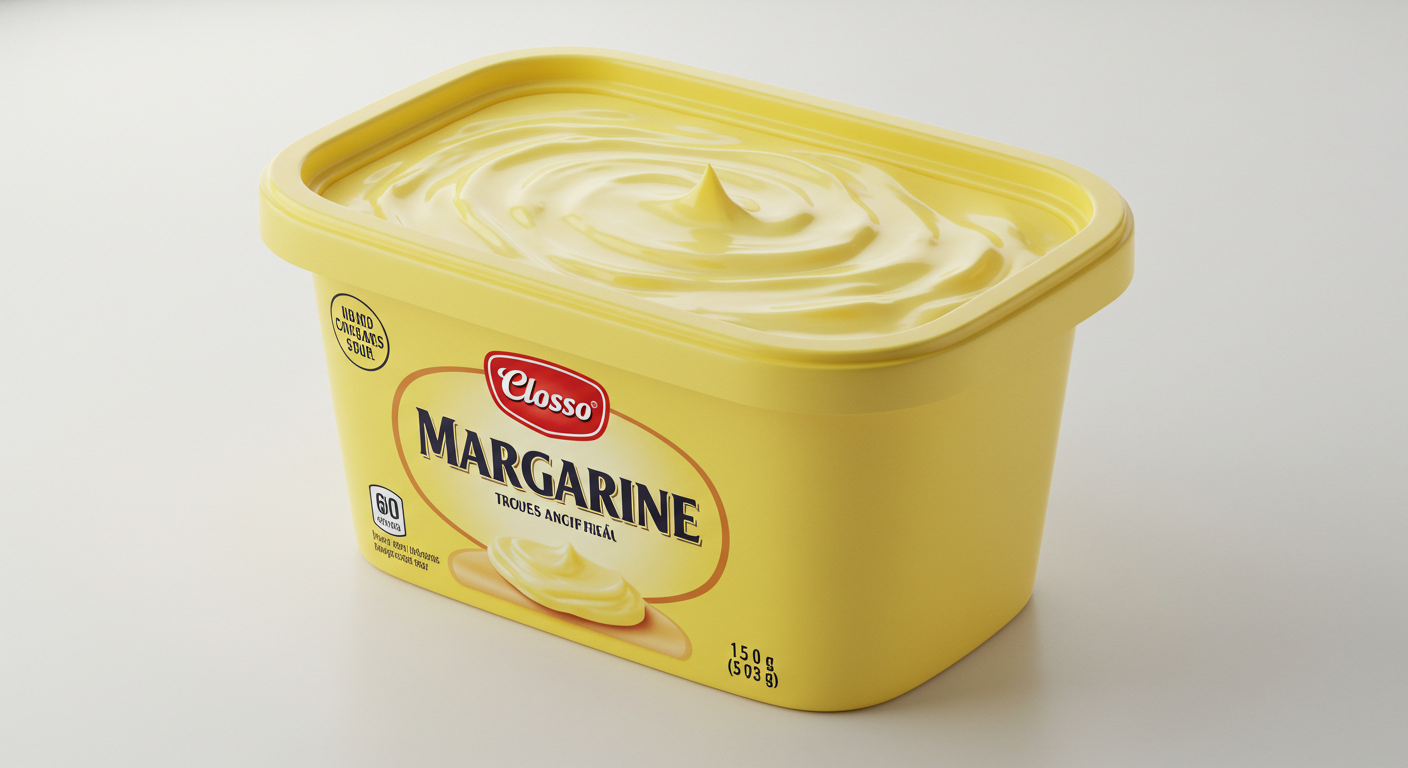Dr. Kumar’s Take:
This large study of over 85,000 women provides strong evidence that eating more trans fats—like those found in margarine, cookies, and processed foods—raises the risk of heart disease. Even after accounting for other factors like smoking, exercise, and cholesterol, the link remained strong. Not all fats are equal. This study reinforces that trans fats are some of the most harmful. Aim to cut them out wherever possible.
Note:
This study was published in 1993. I generally don’t like to post studies that are over 20 years old, but this one is important because it shows that we knew that trans fats were harming us for 25 years before taking them off the market. Even though evidence on the harms of trans fats stacked for many years, the power and money of the food industry was able to keep them in our food supply for decades.
Key Takeaways:
✔ Women who ate the most trans fats had a 50% higher risk of heart disease than those who ate the least.
✔ The risk was even higher for women who consistently used margarine over the previous decade.
✔ Foods like margarine, cookies, and white bread were major contributors to trans fat intake.
✔ Trans fats from vegetable oils were harmful; trans fats from animal products did not show the same effect.
Actionable Tip:
Read food labels carefully and avoid anything that lists “partially hydrogenated oils.” These are a major source of trans fats and are still found in international foods.
Brief Summary:
This 8-year study followed 85,095 women from the Nurses’ Health Study who had no known heart disease at the start. Researchers used food questionnaires to estimate trans fat intake and tracked new cases of coronary heart disease (CHD), including heart attacks and CHD-related deaths. They found that women who consumed the most trans fats had significantly higher risk of developing heart disease—independent of other factors like total fat, cholesterol, or lifestyle choices.
Study Design:
- Type: Prospective cohort study
- Participants: 85,095 women with no CHD, stroke, diabetes, or high cholesterol in 1980
- Follow-up: 8 years
- Data Collection: Food-frequency questionnaires and medical records
- Outcome Measured: New CHD events (non-fatal heart attack or CHD-related death)
- Adjustments: Controlled for age, smoking, weight, diet, cholesterol, hormone use, multivitamin use, and family history
Results:
- 431 women developed heart disease during the study period.
- Women in the highest fifth of trans fat intake had a 50% increased risk of heart disease compared to the lowest.
- The link remained strong even after adjusting for other dietary fats (like saturated and monounsaturated fats) and lifestyle factors.
- Processed foods like margarine, cookies, and white bread were top contributors to trans fat intake.
- Trans fats from vegetable sources (like margarine) were linked to higher risk. Trans fats from animal sources (like beef or dairy) were not.
How Trans Fats Harm the Heart
Trans fats are created when vegetable oils are turned into solid fats through a process called partial hydrogenation. They were found in many processed and fried foods in the past but were banned in the US in 2018. Industrial trans fats interfere with the body’s ability to process healthy fats and may affect inflammation, blood clotting, and the structure of cell membranes.
Related Studies and Research
L-Carnitine and Heart Health – Investigates how L-carnitine may influence cardiovascular risk through effects on fatty acid metabolism.
CoQ10 and Cardiovascular Health – Highlights CoQ10’s role in supporting heart function and mitochondrial health.
Linoleic Acid and Heart Disease – Examines the cardiovascular effects of polyunsaturated fats as a contrast to trans fats.
PURE Study: Dietary Fats, Carbs, and Heart Health – Discusses findings on various fats and carbohydrates in relation to heart disease.
Frequently Asked Questions
What are trans fats?
Trans fats are a type of fat made by adding hydrogen to liquid oils to make them solid. They are often found in baked goods, fried foods, and margarine.
Are trans fats still in food today?
Yes. While many countries have banned or restricted trans fats, they may still be found in older processed foods or international foods. Always read the label—look for “partially hydrogenated oils.”
What’s the difference between trans fats from plants and animals?
In this study, trans fats from plant-based processed oils (like margarine) were linked to higher heart risk. Those from animals (like dairy or beef) were not.
Should I avoid all fats?
No. Healthy fats like those from olive oil, nuts, and avocados are good for your heart. It’s the processed trans fats you want to avoid.
Conclusion
This landmark Harvard study left little: doubt—trans fats significantly increase your risk of heart disease. Cutting them out of your diet is one of the most effective ways to protect your heart. Look at labels, avoid processed foods, and choose whole, fresh options whenever possible.


